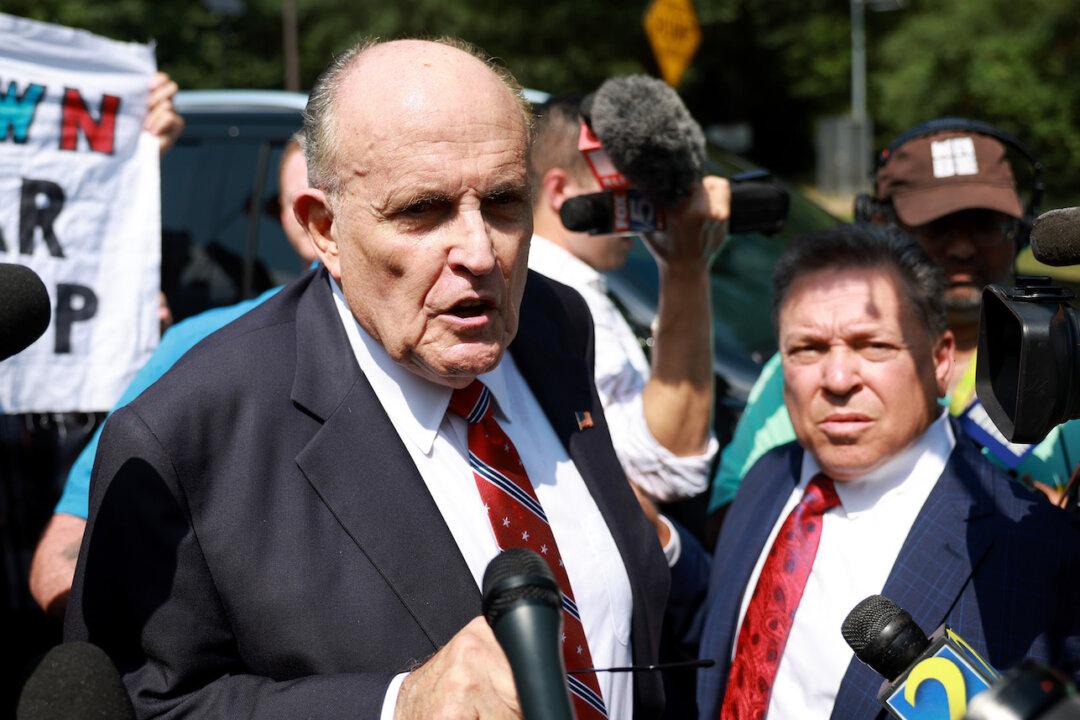U.S. agents executed a search warrant at the home and office of former New York City Mayor Rudy Giuliani because they believed his attempts to convince then-President Donald Trump to remove the U.S. ambassador to Ukraine stemmed partly from possible financial compensation, according to documents made public on Dec. 19.
Mr. Giuliani, who also represented President Trump at the time, and his associate Lev Parnas worked to remove U.S. Ambassador to Ukraine Marie Yovanovitch in 2019.





